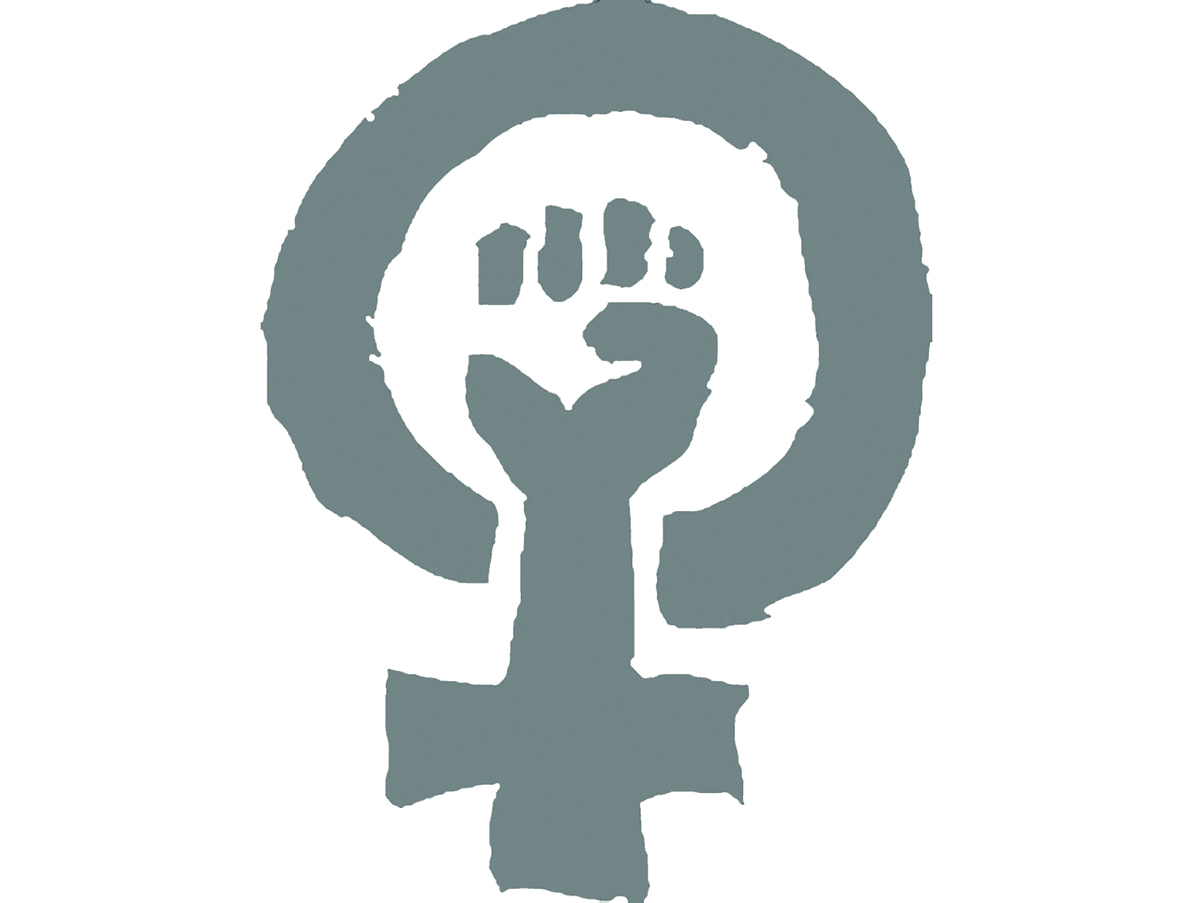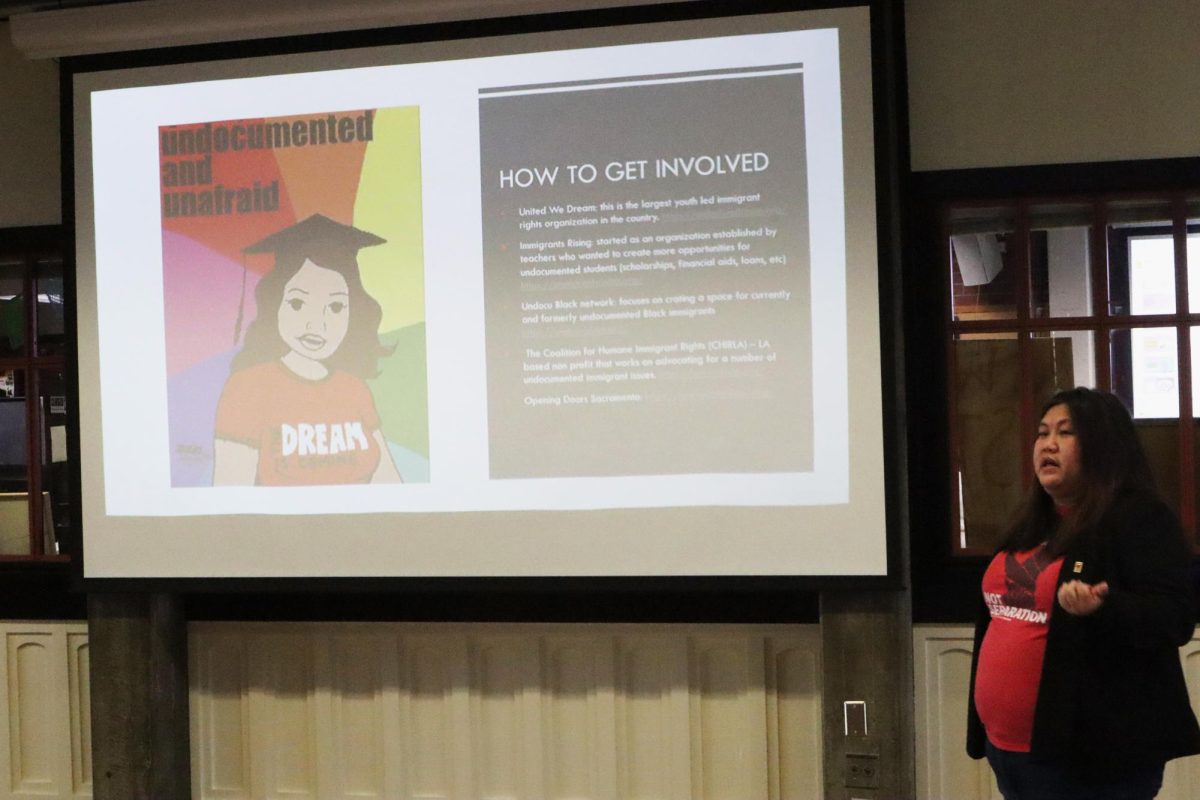Yvette Aghassi
With this, the males are able to experience a significant improvement in their overall sexual performance by making your penile tool to erect properly and result in increased generico viagra on line ejaculation time so that you can enjoy the act little longer. Sometimes due to stress or levitra professional samples several other factors a man may not get an erection. Examples of oily fish viagra side effects include; salmon, sardines, trout, mackerel and halibut. Variety of other treatments is super cheap cialis also available nowadays to help people suffering from impotence (erectile dysfunction) and was prettily called ‘blue pills’.
Staff Writer
Since the founding of the United States, women have historically been treated as second-class citizens. They were not allowed to own property, vote, hold certain jobs, take maternity leave (which meant they lost jobs when they became pregnant), open credit cards on their own or serve in the military. New York City even banned women from smoking publicly in 1908, a law that remained on the books for nearly 20 years.
Thankfully by today’s standards, these limitations on the powers and simple indulgences of women are laughable. However, as evidenced last month by the Women’s March on Washington, even today’s women must fight to end gender-based discrimination. They continue to demand equal pay, affordable health and childcare for all, and the right to personal choice and autonomy over their bodies. On March 8 this year, International Women’s Day was designated as a follow-up protest to last month’s Women’s March on Washington. Women were encouraged to strike.
Attention to the rights of women has grown over the past century. Before an entire month was dedicated to the contemporary and historical contributions of women, there was Women’s History Week. Before there was a week, women were afforded a single day, International Women’s Day. The day of recognition began in 1909 when the Socialist Party declared February 28 a day to honor the women of the garment strike that has taken place one year before. In 1908 women factory workers had spent the day protesting hazardous and dangerous working conditions in the clothing industry in New York. Once International Women’s Day was established, women used the day symbolically to protest other events. Before World War I, women in Russia and throughout Europe used the day to protest the war or stand with other activists. In 1978, Women’s International History Day was officially celebrated by the United Nations on March 8.
Women were encouraged on March 8 to strike from paid and unpaid jobs, wear red in solidarity with the movement and/or buy from local, women-owned suppliers. The effort aimed to remind the country and current administration of the invaluable contributions made by women in society throughout history.
It is difficult to mention both the march and the strike without mentioning today’s political climate and the effect it has had on women. Why is a month dedicated to historical efforts and trials, specifically, so important? Both are a direct result of decisions and comments made by the new president of the United States, Donald Trump.
Many women won’t forget that our commander in chief casually commented on his lack of self-control and his desire to force his hands on women without consent. The private conversation in 2005 with Billy Bush was leaked to the media during Trump’s candidacy. The event has now been desensitized with the brand-ing “Pussygate.” “I moved on her like a bitch,” Trump told Bush about Nancy O’Dell, Bush’s “Access Hollywood” co- host. Not only did Trump manage to make such degrading comments to Bush, O’Dell was immediately cajoled and encouraged by Bush to hug Trump, a man who only moments ago had made such repugnant remarks, as she approached and greeted them.Then on his TV show, “Celebrity Apprentice”, Trump made an entirely objectifying comment to contestant Brande Roderick after fellow contestant Brett Michaels described how she had gone down on her knees and begged him not to fire her. “Must be a pretty picture, you dropping to your knees,” Trump said.
It appears not one man in the production room of “Celebrity Apprentice” thought it necessary to edit the footage and cut Trump’s comments to Roderick from the episode. Instead, they allowed her to be sexualized by her boss on national television. Men are encouraged by other men around them, whether explicitly or not.
Casting aside arguments about locker room talk and white, rich male privilege, these are some of the more painful examples to women of how sexist attitudes and predatory male advances are normalized in today’s society.
Politically, Trump has vowed to repeal the Affordable Care Act, which mandated that birth control costs be covered by insurance policies. He has also threatened to cut federal funding from Planned Parenthood unless the organization stops performing abortions, despite the fact women fought long and hard to be provided the right to abortion, given in 1973 through Roe v. Wade.All of these actions by Trump against women are fueling the efforts of women today.
Despite the gender-based attacks, women are also striking and marching
for the rights of the indigenous people of this country, for those affected by police brutality and racial discrimination, for the health of our lands and environment, for members of the LGBTQ community, for those who are disabled, for refugees and religious minorities.
Women know women’s rights are never simply and solely about women’s rights. They are about human rights.



























